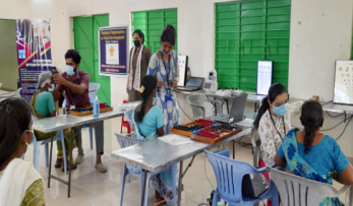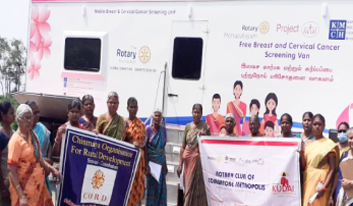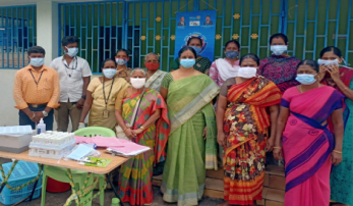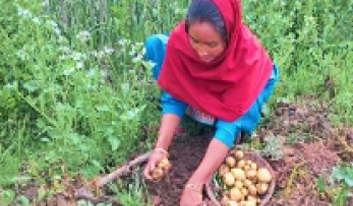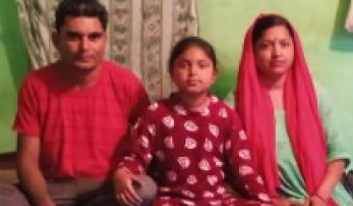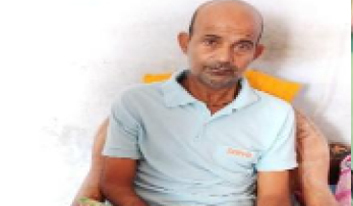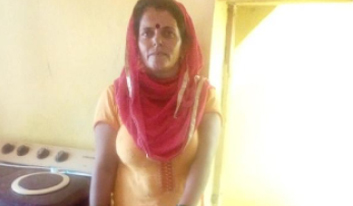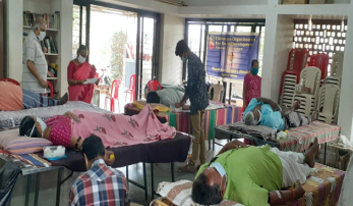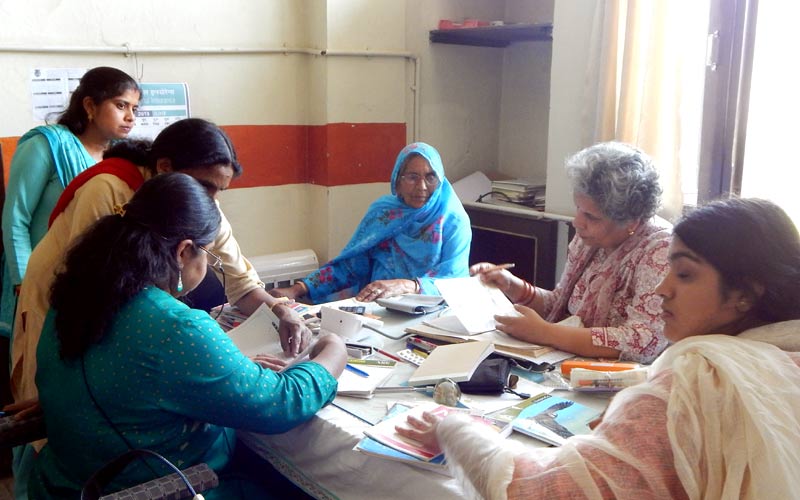Community-based health, nutrition, sanitation, and hygiene
Building prosperity through sustainable livelihoods
Community-based health, nutrition, sanitation, and hygiene
Building prosperity through sustainable livelihoods
Bridging the opportunity gap for vulnerable communities
This thematic program is a comprehensive community-based health, nutrition, sanitation, and hygiene program aimed at enhancing the overall health and well-being of communities, particularly in rural areas. By providing primary healthcare services, family planning, child health, nutrition education, and addressing social issues such as female foeticide and HIV/AIDS, we strive to create a sustainable and healthy future for all.
Through collaboration with government frontline functionaries, including ASHA workers, Anganwadi workers, and multi-purpose health workers, we have successfully integrated our program with existing infrastructure and resources. This integration allows us to leverage their expertise and reach a wider population effectively.
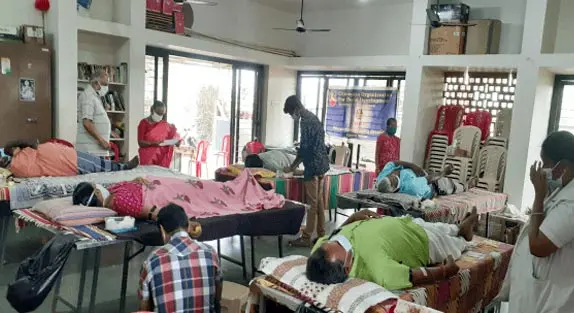
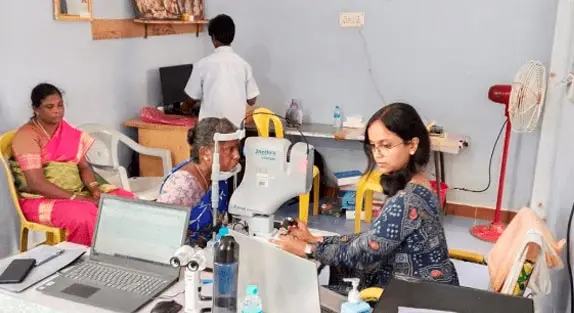
Nurturing health and hope by prioritizing women, children, and rural families
Our programs are designed to benefit the most vulnerable populations, including women, children, and families in rural communities. We prioritize maternal and child health, ensuring that expecting mothers receive proper care and that children have access to essential healthcare services. Additionally, we work closely with community-based organizations, volunteers, and local leaders to actively engage the community and promote a sense of ownership.
Strengthening community wellbeing
Our program operates in various regions, targeting areas that lack adequate access to healthcare, nutrition, sanitation, and hygiene facilities. We focus on underserved rural communities, where the need for intervention is critical. By addressing these essential areas, we contribute to the overall improvement of community health, reduce preventable diseases, and enhance the quality of life for individuals and families.
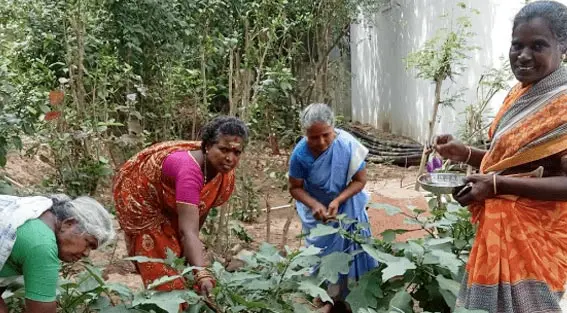
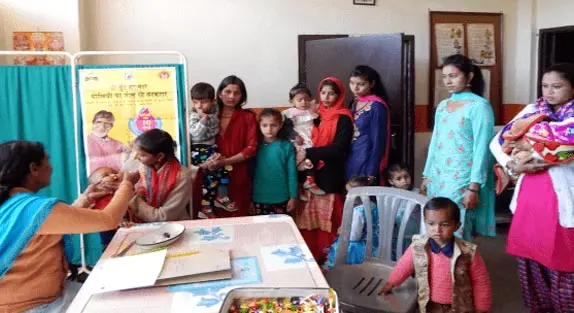
A holistic approach to health and development
Our program employs a multifaceted approach to achieve its goals.
- Collaboration with government functionaries
We partner with ASHA workers, Anganwadi workers, and multi-purpose health workers posted at the Panchayat level to ensure the effective implementation of our program. By leveraging their local knowledge and networks, we bridge the gap between the community and healthcare services. - Healthcare services and education
Our program provides access to primary healthcare services, family planning, and child health interventions. We conduct awareness programs, health and hygiene education sessions, and training workshops for frontline workers and volunteers. Through these initiatives, we enable individuals to gain knowledge about preventive care, nutrition, and hygiene practices. - Nutrition and food security
We place special emphasis on maternal and child health by promoting food security and a balanced diet. Our program encourages the growth of kitchen gardens, the cultivation of pulses, and raising livestock such as poultry. We also support sustainable organic agriculture practices to ensure a steady supply of nutritious food for the community. - Sanitation and hygiene promotion
To improve sanitation practices, we conduct awareness programs, focus group discussions, and presentations on best practices. We work with community-based organizations to construct low-cost toilet units, soakage pits, and garbage pits. These initiatives promote proper sanitation and hygiene, leading to a healthier environment. - Village health, nutrition, and sanitation committees
CORD promotes the committees active participation with Mahila Mandal members, SHG members, government officials such as health, Anganwadi, school instructors, and elected panchayat members. - OPDs
CORD is also working in the slum areas as part of the Urban Reproductive and Child Health (Urban RCH) program in collaboration with the National Health Mission (NHM). This program provides healthcare to underserved populations in slums, including migrants, nomads, and construction workers in several areas of District Kangra, such as Nagrota Bagwan, Dharamshala, and Nurpur.
Through the collaborative efforts of our team, government functionaries, and community members, we have made significant strides in improving community health, nutrition, sanitation, and hygiene. Together, we are building a healthier and more resilient future for all.
Numbers that make a difference
5,345
Number of patients that came for medical checkup
10,174
Nutrition kitchen garden promoted (annually)
1,438
Soakage pits (annually)
1,647
Garbage pits (annually)
392
Village health sanitation and nutrition committees (annually)
353
Pregnant, lactating, and newly married women counselling
Stories of courage and resilience
